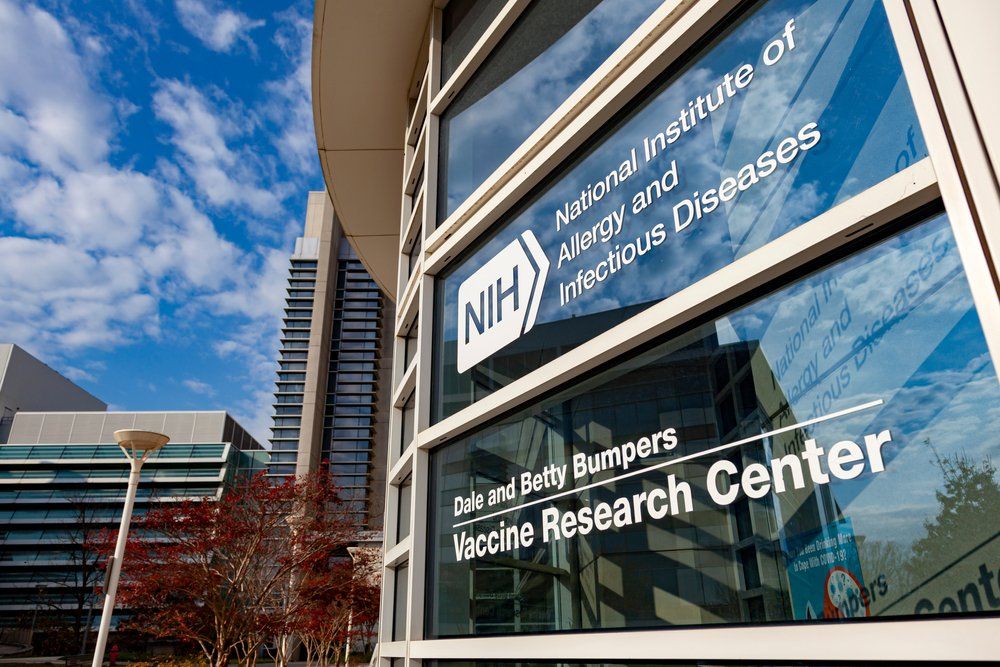A "drastic change" announced Friday by the primary federal agency responsible for biomedical and public health research shocked internet critics, with some calling it "cataclysmic."
The National Institutes of Health provides substantial federal funding for research grants, including payments for indirect costs covering facilities and administration expenses. The agency typically uses a negotiated indirect cost rate, but can deviate from it under certain conditions.
But on Friday, the agency said it will now issue a standard indirect rate of 15% for all grants, replacing the individually negotiated rates. The change affects both new and existing grants to institutions of higher education.
ALSO READ: Elon Musk's DOGE boys think this is a video game as Trump plots his 2nd coup
"Although cognizant that grant recipients, particularly 'new or inexperienced organizations,' use grant funds to cover indirect costs like overhead ... NIH is obligated to carefully steward grant awards to ensure taxpayer dollars are used in ways that benefit the American people and improve their quality of life," the agency said in its announcement.
"The United States should have the best medical research in the world. It is accordingly vital to ensure that as many funds as possible go towards direct scientific research costs rather than administrative overhead," the agency later added.
The controversial change has already sparked debate within the research community, with some seeing it as a threat to the sustainability of academic research in the United States.
Some have speculated the cap on indirect costs is part of a larger strategy to slash the agency's overall budget, while others say the indirect costs are vital for supporting the infrastructure of research institutions, covering expenses for personnel, facilities, regulatory staff, grant administrators, and basic utilities.
The change drew immediate concern from onlookers on social media.
Harlan Krumholz, professor of investigative medicine and public healthat Yale University and director at the Center for Outcomes Research and Evaluation, flagged the change on X.
"NIH just made a drastic change to indirect cost rates, reducing the rate to 15%, a significant cut from the 60%+ some institutions charge. This will have a devastating effect on the nation’s medical research infrastructure," he wrote.
Lauren Nicholas, health economist at the University of Colorado, replied to Krumholz, "Or universities will charge for more services and crowd out our direct costs, also super bad."
"It’s hard to wrap my arms around just how cataclysmic this is," reacted Charles Ornstein, a managing editor at Pro Publica and former president at the Association of Health Care Journalists.
Dr. Martha Gulati called the change. "So disappointing and disturbing."
